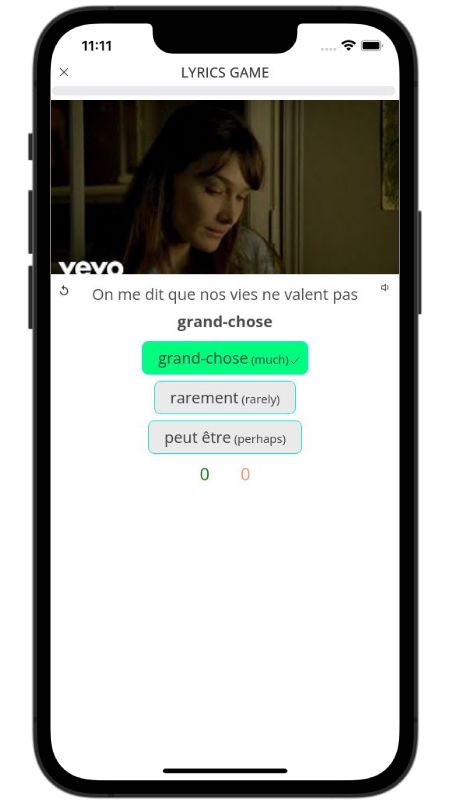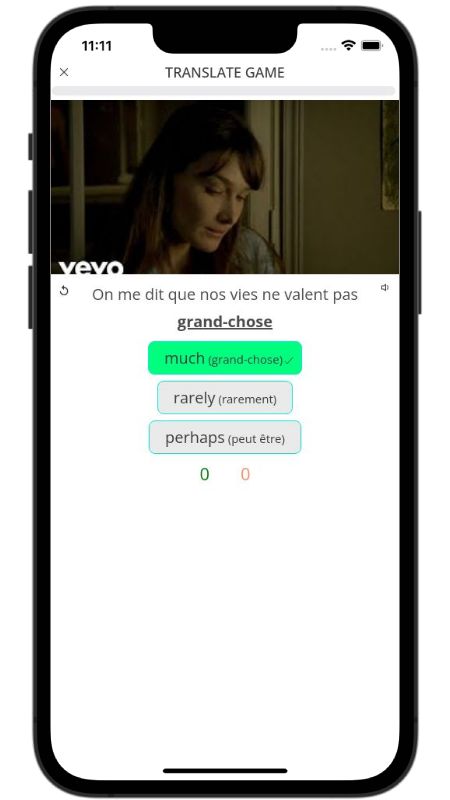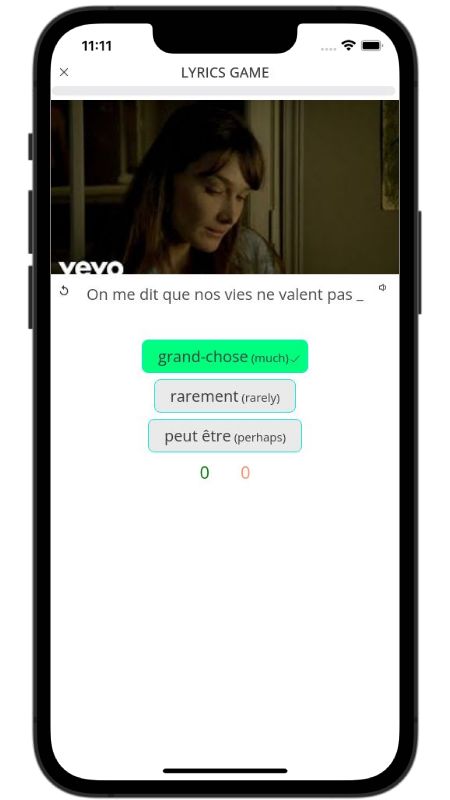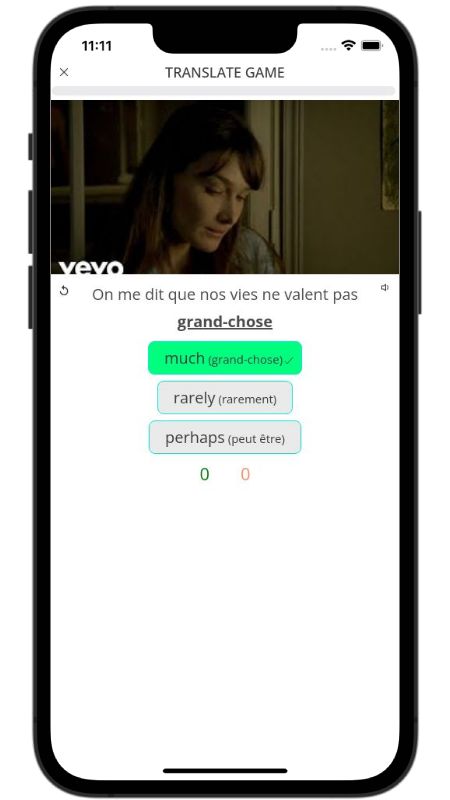J'te Pardonne Lyrics in English Hoshi
Below, I translated the lyrics of the song J'te Pardonne by Hoshi from French to English.
Since her lips touched yours
I've got poison in my veins
My soul's stuck beneath the glasses
And a bitter taste in my mouth
I'm dying alone with my tinnitus
You put my heart in quarantine
My love, you knocked me down
Blind and deaf and lost
I forgive you
For my shattered heart
I forgive you
For everything you did to me
I forgive you
For f*cking everything up
I forgive you
I'd like to forget
I feel dumb
I wouldn't have thought
I give up
I put everything aside
You surprise me
That love kills
I forgive you, I forgive you
I forgive you
My tears flood up to the armchair
The night's long, I feel so lonely
My dreams collapse, they're sulking
Our bed's turning into a coffin
My tears blend into the table
The night's long, I feel pathetic
My dreams collapse and I'm freaking out
In our room I even see the Devil
I forgive you
For my shattered heart
I forgive you
For everything you did to me
I forgive you
For f*cking everything up
I forgive you
I'd like to forget
I feel dumb
I wouldn't have thought
I give up
I put everything aside
You surprise me
That love kills
I forgive you, I forgive you
I've seen enough
I've seen it in every color
I've ground way more than just black
On the palette of pain
Every shade of despair
Only you can comfort me
Yet you're the one who hurt me
It's not the same anymore, I see us blurry
I smell her scent on your knees
I'm like a soldier shot
I didn't see the enemy coming
But I've learned to take the hits
I plan to fight to the end
I forgive you
We'll rebuild everything
I forgive you
I know we'll heal
I forgive you
I can't do otherwise
I forgive you, it'll be beautiful like before
I forgive you
Hang on to my arms
Let go
All the threesomes
I don't give a d*mn
How long it takes
I forgive you, I forgive you
I forgive you
I forgive you
I forgive you
I forgive you
I forgive you
I forgive you
Lyrics and Translations Licensed & Provided by LyricFind
Did you like this lyrics translation?
Did you know?
In addition to reading lyric translations, you can now learn French with music and lyrics from your favorite artists.
No more boring lessons. You can now learn with engaging and culturally relevant lyrics from the best artists.
Apple and App Store are trademarks of Apple Inc.
Google Play and the Google Play logo are trademarks of Google LLC.
iOS AppAndroid AppWeb LessonsFree PDF WorksheetsJoin ClassroomLyrics TranslationBlogAbout UsBuy as GiftLifetime











